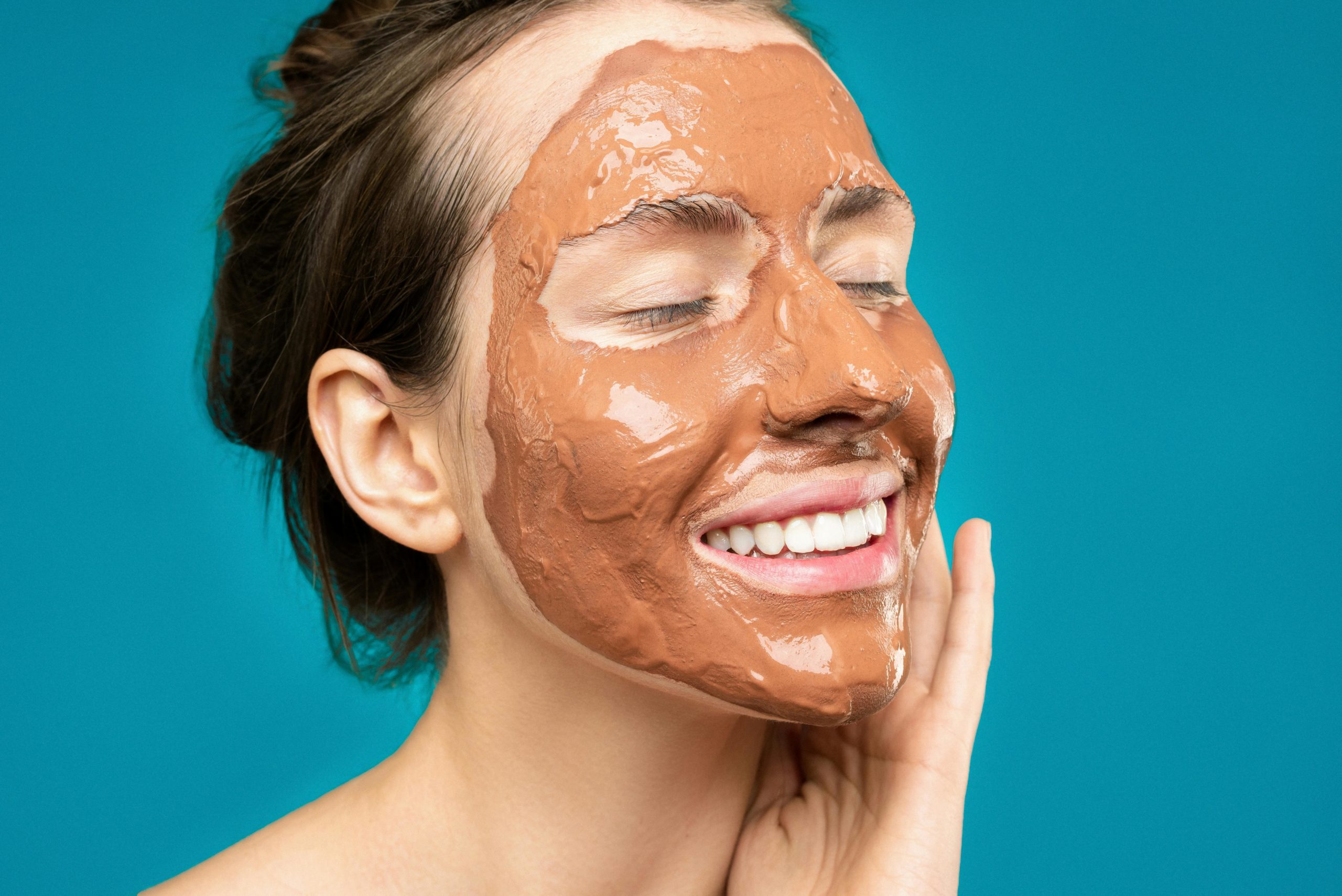Face masks offer a moment of self-care and pampering, allowing you to target specific skin issues and rejuvenate your complexion. Whether you’re dealing with oily skin, signs of aging, or sensitivity, there’s a face mask out there designed to address your unique needs.
By understanding the different types of masks and their benefits, you can make informed choices for your skincare routine and achieve the glowing skin you’ve always desired.
Understanding Your Skin Concerns
Take some time to assess your skin type, whether it’s oily, dry, combination, or sensitive, as well as any specific issues you’d like to address, such as acne, fine lines, or uneven skin tone. This self-awareness will guide you in selecting the most suitable face mask tailored to your individual needs.
Choosing the Right Ingredients
When selecting a face mask, it’s crucial to consider the ingredients and their benefits for your skin concerns. Different ingredients offer varying properties and target specific issues, so it’s essential to choose formulations tailored to your needs. Here are some common ingredients to look for based on different skin concerns:
- Acne-Prone Skin: Look for masks containing salicylic acid, benzoyl peroxide, or clay to help absorb excess oil, unclog pores, and reduce breakouts.
- Dry Skin: Opt for masks infused with hydrating ingredients such as hyaluronic acid, glycerin, or shea butter to replenish moisture and nourish the skin barrier.
- Dull or Uneven Skin Tone: Choose masks with brightening ingredients like vitamin C, niacinamide, or alpha hydroxy acids (AHAs) to promote cell turnover and improve skin radiance.
- Sensitive Skin: Seek out masks with gentle, soothing ingredients such as aloe vera, chamomile, or colloidal oatmeal to calm irritation and reduce redness.
Considering Formulations and Types
Face masks come in various formulations and types, each offering unique benefits and application methods. Understanding the differences between these masks can help you choose the right one for your skincare routine:
- Clay Masks: Ideal for oily or acne-prone skin, clay masks help absorb excess oil, unclog pores, and purify the skin. They can be drying, so it’s essential to moisturize afterward.
- Sheet Masks: Sheet masks are soaked in serum and designed to deliver concentrated ingredients to the skin. They come in a variety of formulations to target different concerns, making them suitable for all skin types.
- Cream Masks: Cream masks are rich and hydrating, making them ideal for dry or mature skin. They provide moisture and nourishment to the skin, leaving it soft and supple.
- Gel Masks: Gel masks are lightweight and refreshing, making them suitable for oily or combination skin. They often contain cooling ingredients to soothe and hydrate the skin without feeling heavy or greasy.
- Peel-Off Masks: Peel-off masks help remove dead skin cells and impurities, leaving the skin smooth and refreshed. They can be beneficial for all skin types but may be irritating for sensitive skin.
Using Masks into Your Skincare Routine
Once you’ve selected the right face mask for your skin concerns, it’s essential to incorporate it into your skincare routine effectively. Here are some tips for getting the most out of your mask:
- Cleanse Your Skin: Start by cleansing your skin to remove any makeup, dirt, or impurities before applying the mask. This will ensure better absorption of the mask’s ingredients.
- Apply Evenly: Use clean fingers or a brush to apply the mask evenly to your face, avoiding the delicate eye area. Ensure complete coverage for maximum benefits.
- Follow Instructions: Follow the instructions provided with the mask, including the recommended application time and frequency. Overusing masks can lead to irritation or sensitivity, so it’s essential to use them as directed.
- Relax and Enjoy: While the mask is on, take some time to relax and unwind. You can use this opportunity to meditate, listen to music, or simply enjoy a moment of tranquility.
- Remove Gently: When it’s time to remove the mask, do so gently using lukewarm water or a damp washcloth. Avoid scrubbing or rubbing the skin, as this can cause irritation.
Conclusion
Choosing the right face mask for your skin concerns is a crucial step in achieving a healthy, radiant complexion. By understanding your skin type, identifying specific issues, and selecting the appropriate ingredients and formulations, you can tailor your skincare routine to address your unique needs effectively. Whether you’re dealing with acne breakouts, dryness, dullness, or sensitivity, there’s a face mask out there designed to help you achieve the glowing skin you’ve always desired.
FAQs
Q1: How often should I use a face mask?
The frequency of face mask usage depends on your skin type and the specific mask you’re using. As a general rule, it’s recommended to use a face mask 1-3 times per week for best results.
Q2: Can I combine multiple face masks in one skincare routine?
Yes, you can customize your skincare routine by using different masks to target specific areas or concerns. For example, you might use a clay mask on your T-zone to control oiliness and a hydrating mask on your cheeks to combat dryness.
Q3: Are DIY face masks effective?
DIY face masks can be effective, but it’s essential to research ingredients carefully and ensure proper formulation to avoid irritation or adverse reactions. Commercially available masks are often formulated and tested for safety and efficacy.
Q4: Can I use a face mask if I have sensitive skin?
Yes, there are many face masks specifically formulated for sensitive skin, featuring gentle ingredients that soothe and hydrate without causing irritation. Look for masks labeled “fragrance-free” and “hypoallergenic” to minimize the risk of sensitivity.
Q5: How long should I leave a face mask on?
The recommended leave-on time for face masks varies depending on the formulation and specific instructions provided by the manufacturer. Typically, masks are left on for 10-20 minutes, but it’s essential to follow the instructions provided with the product for best results.



